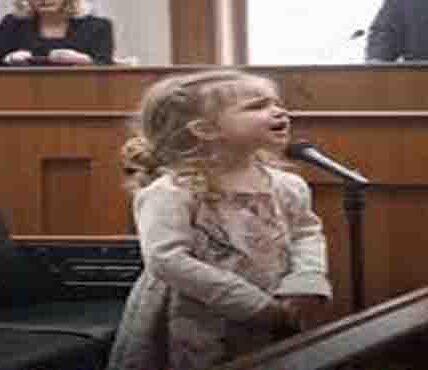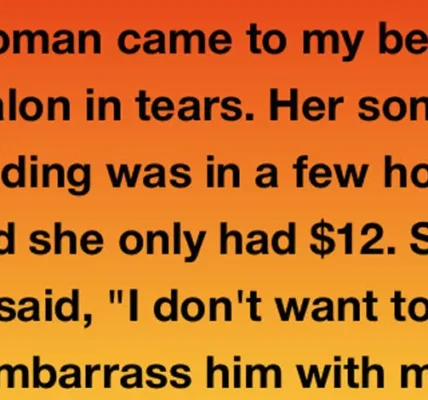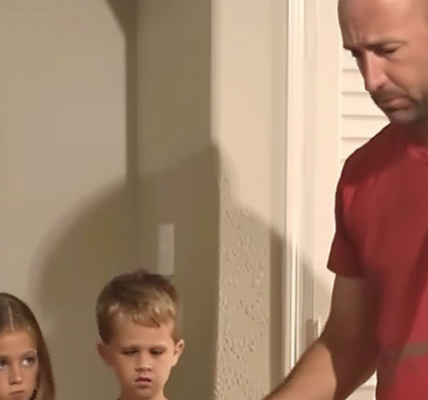The storm hit harder than anyone expected, turning the world into a white hush. I hadn’t planned to open the diner that Sunday, but when I saw a line of truckers stranded on the highway, I heard my grandmother’s voice: When in doubt, feed people. One by one, they filed in—cold, tired, grateful—and before long, I was serving pancakes, pouring coffee, and pretending not to blush when one called me an angel in an apron. By midnight, strangers had become a kind of family, their laughter melting the storm’s silence.
When the radio said the roads would stay closed, I realized I didn’t have enough supplies to last. The men noticed before I could hide it. “Boys,” Roy said, “time to earn our keep.” In hours, my little diner turned into a convoy of kindness—snow shoveled, pipes fixed, stew bubbling on the stove. For the first time since my husband died, I felt warmth that wasn’t from the grill. It wasn’t just food we shared that night—it was the reminder that people still show up for each other when it matters most.
When the roads reopened, I thought that would be the end. But Roy left me a note—Food Network producer, scrawled beside a phone number. A week later, cameras filled the diner, filming not just food, but how a storm had pulled strangers together. The episode went viral. Donations poured in. Millstone, our dying town, came back to life—shops reopened, tourists arrived, and every February we now celebrate Kindness Weekend.
The truckers never drifted far. They call, visit, send letters. And when people ask why I opened the door that night, I tell them the truth: I was lonely, and I needed to believe kindness still had somewhere to go. It did. Sometimes the miracle isn’t the storm passing—it’s what it leaves behind: a diner full of laughter, a town reborn, and the simple truth that one open door can change everything.


